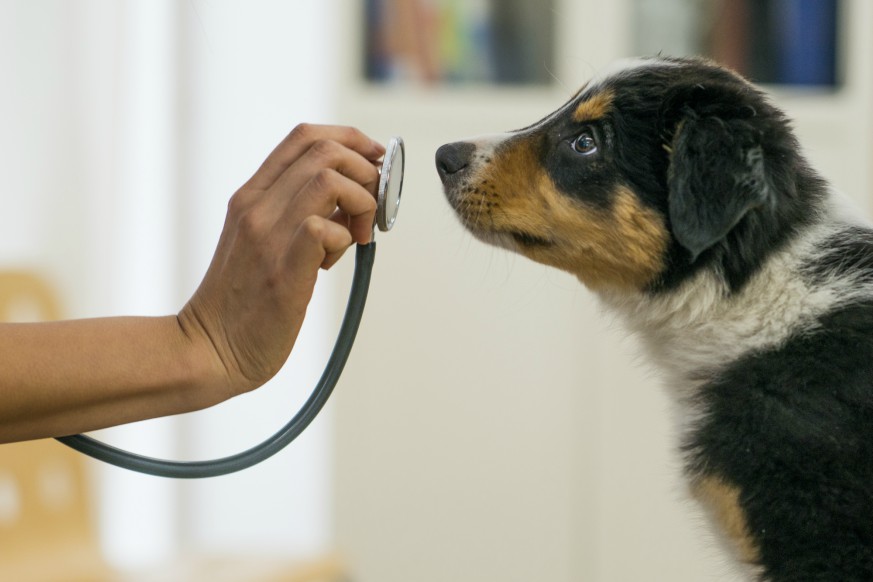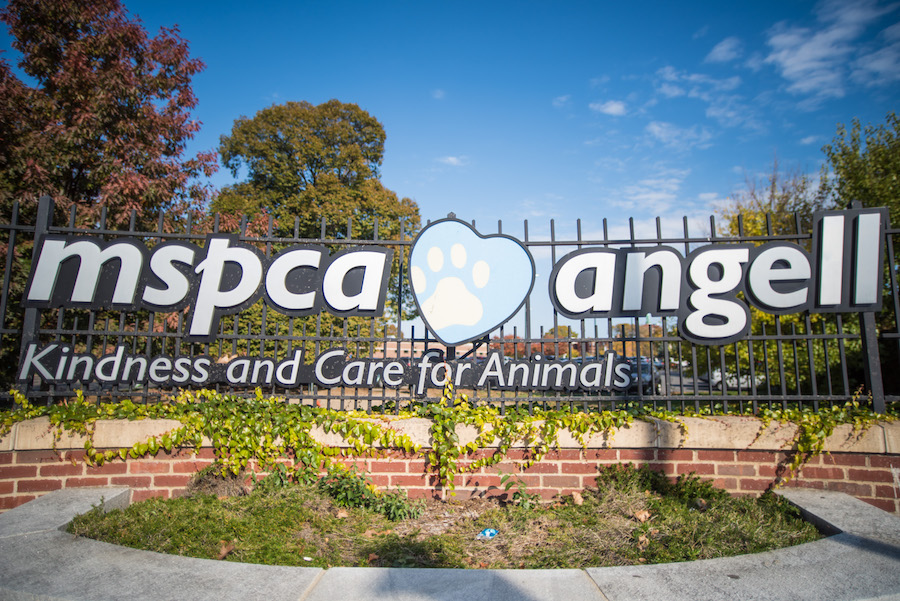Dog flu has arrived in Massachusetts, the MSPCA is warning pet owners.
Yup, dog flu is a thing, and the MSPCA Angell Animal Medical Center recently treated its second-ever confirmed case of dog flu in a six-month-old poodle.
The poodle was brought in to the MSPCA on Aug. 12 with a fever and a hacking cough, per the nonprofit. The dog was treated in isolation and hospital staff activated the facility’s emergency infection control plan.
The dog was released after two days, but now the MSPCA is urging dog owners to consider vaccinating their pets against the virus.
What is dog flu?
Dog flu, or canine influenza, is similar to the human infection, Dr. Robin Brennen, senior medical director at Animal Care Centers of New York City, previously told Metro.
It’s highly contagious, experts say, with nearly 100 percent odds that a dog will contract the virus after exposure. It’s not fatal in most cases, but dogs can be sick for an average of 10 to 20 days.

Since March 2015, when the more contagious H3N2 strain of dog flu was spotted in the United States, veterinarians have treated dogs in nearly every state, according to the MSPCA.
Dr. Virginia Sinnott of Angell’s Emergency & Critical Care Unit recommends that if dogs are experiencing coughing, fatigue, labored breathing or lack of appetite, pet owners take them to be immediately evaluated by a veterinarian.
Dog flu in Massachusetts
There’s been an uptick in dog flu cases across the country recently, and the MSPCA’s recent dog flu case confirms that the virus has made its way to Massachusetts.
The dog had not recently traveled to any of the “outbreak” states, officials said, identified as New York, Connecticut, Pennsylvania, Michigan, Wisconsin and California.
“We cannot confirm that this case was ‘patient zero’ in Massachusetts, but we do know that this dog had not traveled to states that have recently experienced outbreaks of flu,” Sinnott said in a statement. “We must therefore recommend dog owners take preventative measures to reduce their pet’s chances of contracting the virus.”
No other dogs that were at Angell Animal Medical Center while the poodle was receiving treatment have come down with the flu, officials said, though two other dogs have arrived with flu-like symptoms. Those dogs have not yet been identified as flu-positive, but those results should come next week.
It’s not known which strain of dog flu the infected poodle had, but the H3N2 strain is more contagious.
Pet owners can follow Cornell University College of Veterinary Medicine’s real-time dog flu tracker here for updates on positive tests around the country, and can visit here for more information on Animal Medical Center’s Emergency and Critical Care Services.


























